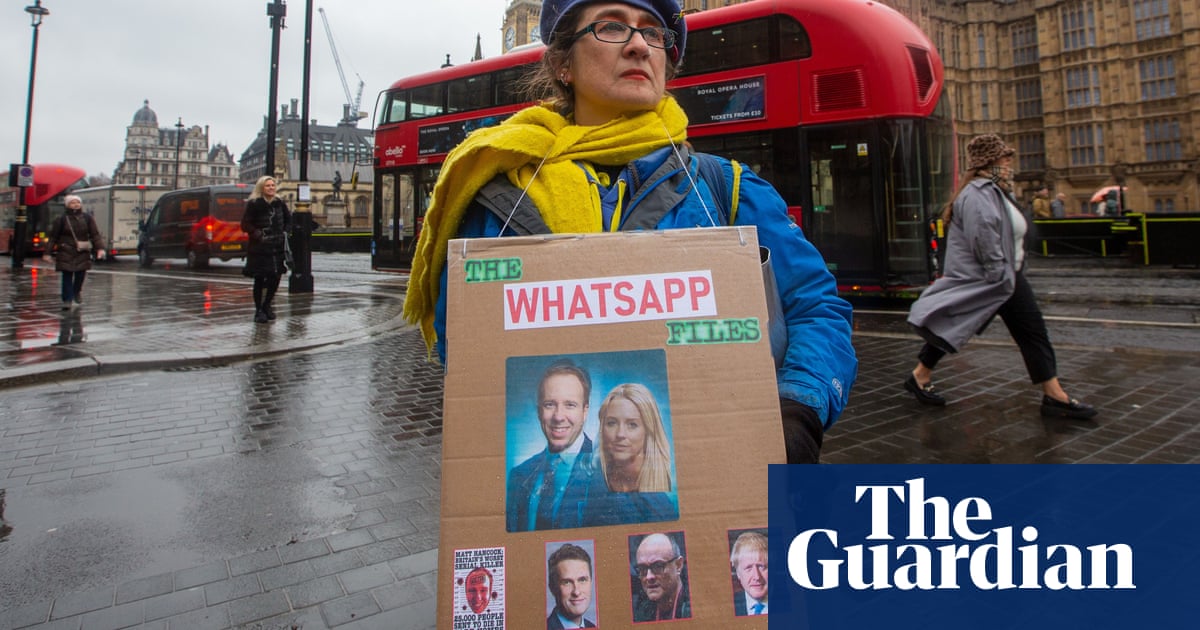
Civil servants were told to rewrite a proposed social media campaign to combat drink-spiking after the original appeared to blame victims, a minister has told Labour conference delegates.
Alex Davies-Jones, the minister for violence against women and girls, suggested that Whitehall encouraged a “culture of victim blaming” and should instead focus on stopping perpetrators.
At a fringe event on Sunday at Labour’s conference in Liverpool, Davies-Jones said she refused to accept the script her civil servants had drawn up ahead of an awareness campaign that was due to coincide with freshers’ week at universities.
“The civil service brought me my script for talking about this on social media, on TikTok, trying to bring in the youth,” she said. “One of the things they wanted me to talk about was how we keep ourselves safe from spiking – ‘cover your drink, make sure you look out for your friends, don’t accept a drink from a stranger’.
“I refused to do it. I said we need to start reframing this, stop this culture of victim-blaming. If you want to go out and enjoy yourself, you should just be able to go out and enjoy yourself and not have to worry about keeping yourself safe. ”
She said that instead she ordered civil servants to go back to the drawing board and draft a campaign script that warned perpetrators not to spike or face prosecution and get treatment for their behaviour.
“So that was the message that we tried to take forward, and that’s the culture that we’re trying to change. So it’s going to take time, but it is bringing that front and centre, and we’re doing it,” Davies-Jones said to applause.
Her approach mirrors a new strategy to tackle rape, known as Operation Soteria, under which police officers focus on the rape suspects’ behaviour and previous sexual activity rather than investigating the credibility of the victim.
Operation Soteria is being rolled out to all 43 police forces in England and Wales in an attempt to improve rape and sexual offence charge rates that plummeted to 2.6% and 4.1% respectively.
Spiking involves putting alcohol or drugs into someone’s drink without their knowledge or permission. It also includes injecting someone with a drink or drugs as well as adding it to food, vapes or cigarettes.
The police received 6,732 reports in the year ending April 2023, 957 relating to needle-spiking. Police data suggested the average age of victims was 26 with women accounting for 74% of all cases. In a YouGov poll in December 2022, 10% of women and 5% of men said they had been spiked.












